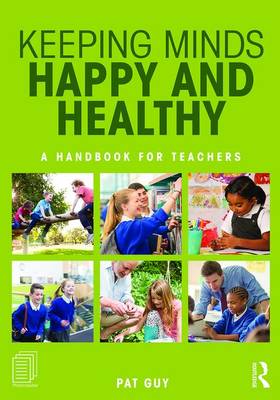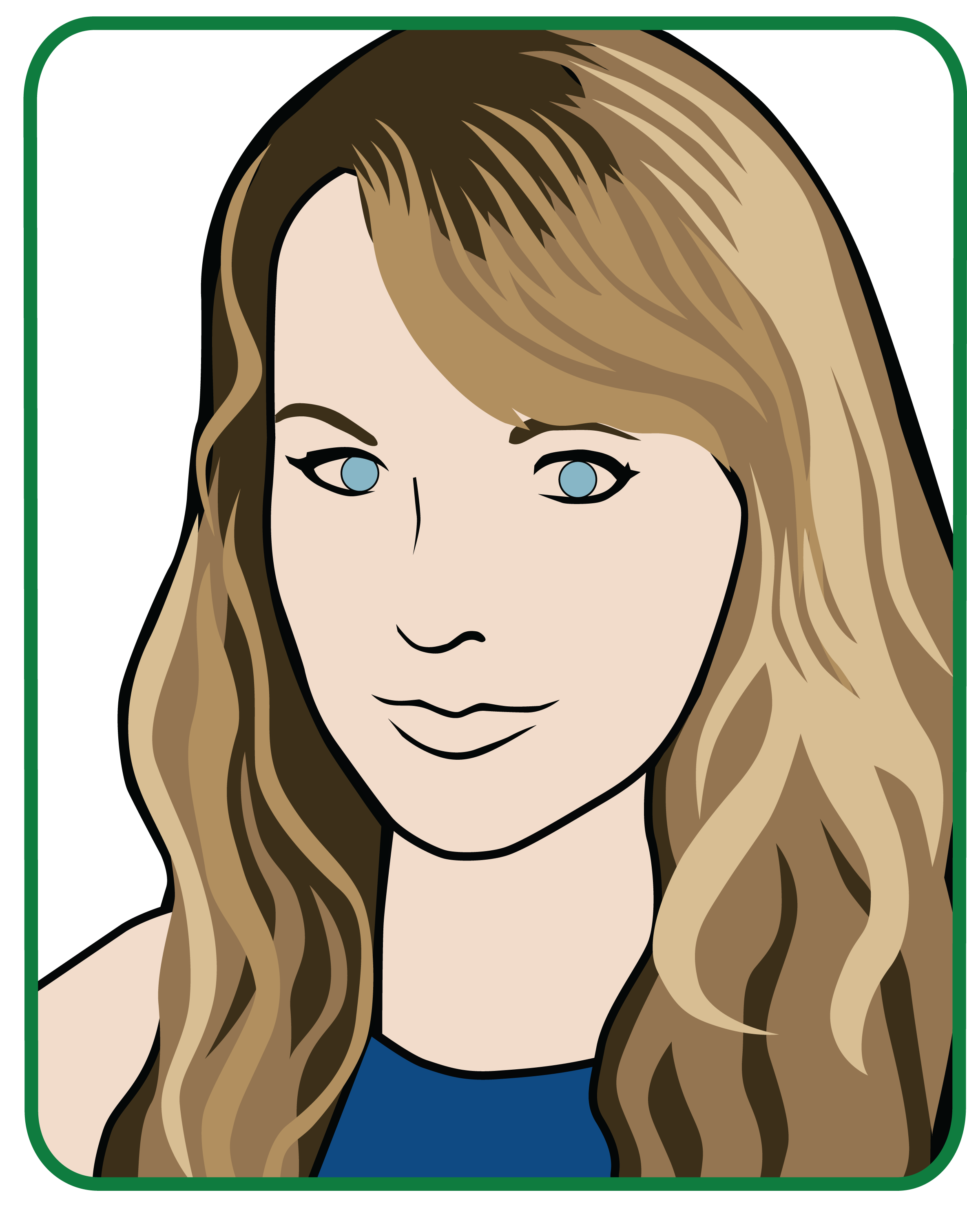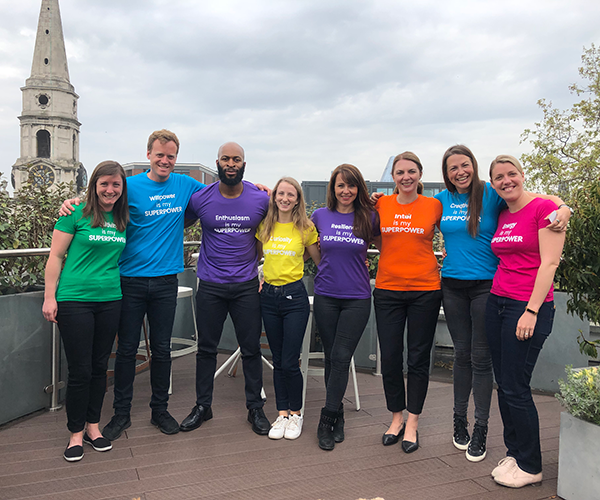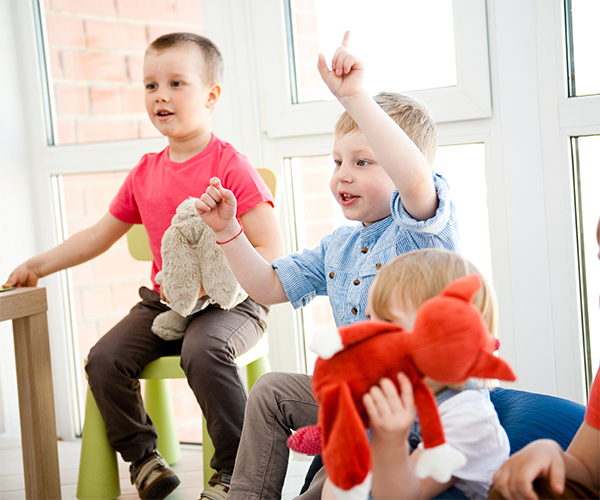When you read you begin with A-B-C ..... Really?
Adequate reading ability is an important part of success at school. Sixteen-year-olds who read for half an hour a day are, on average, one school year ahead of those who do not.
Over recent years there has been an increasing emphasis on a ‘sounding words out phonetically’, approach to the early stages of the teaching of reading, but young children first need to acquire the skills that underpin reading.
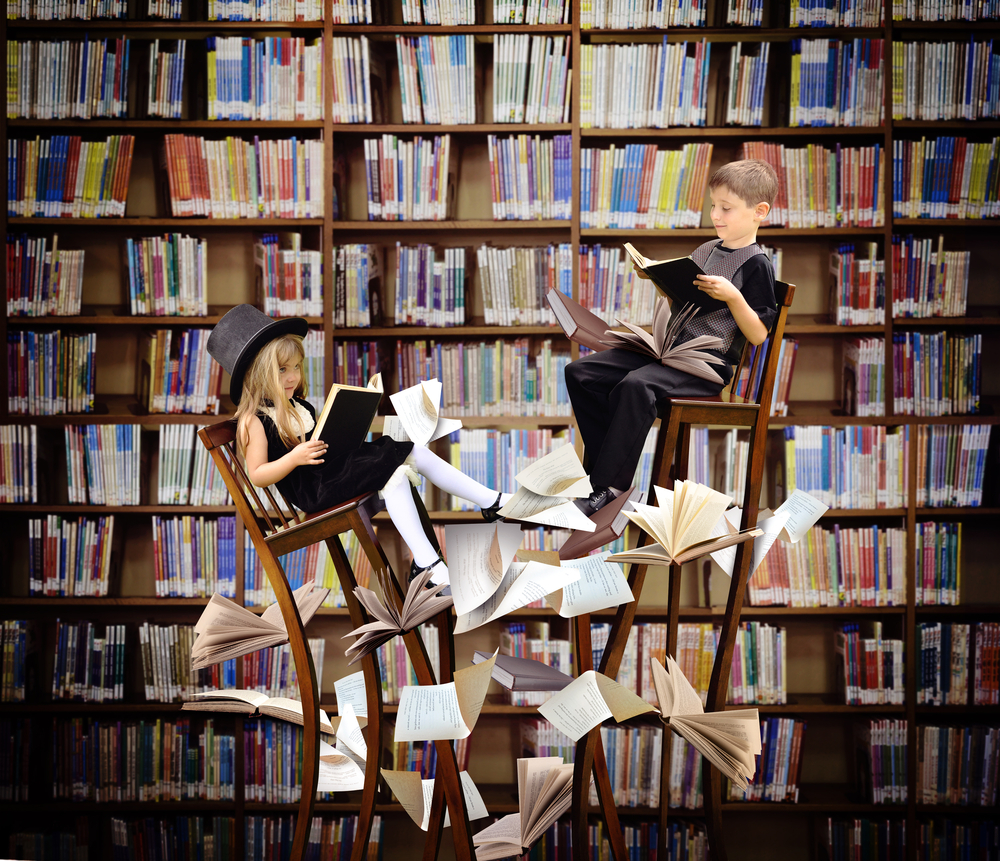
Reading at home with your child
Nurturing a child’s pleasure in books alongside increasing the number of words they can understand, is just as important as teaching them how to decode. Songs, nursery rhymes, poems, conversation and reading books with familiar adults are the most appropriate pre-reading activities for young children.
Reading a story to a child at home is completely different to a child watching a story on TV or listening to a story with other children in the classroom. The child can ask questions about the story that the adult can understand and respond to. ‘That man looks like Uncle Matt.’ ‘Yes, that’s because he’s got his police uniform on.’ ‘No, I mean he has no hair like Uncle Matt.’
Comprehension and vocabulary
The number of words a child knows will affect their reading comprehension. By Year 3 some children will have a vocabulary of 7,000 words and others 3,000 words. Reading is a good way to introduce new words to children, especially more unusual vocabulary. A child may appear to be articulate and able to talk confidently, but will be using the same words over and over again. ‘Do you want to play?’ ‘What have you got for lunch?’ ‘Mr Nelson’s new glasses make him look like my Grandad.’ Reading will introduce children to new and more complex vocabulary without the adult having to break a sweat.
Does your child have a learning preference? EdPlace is leading the way in online learning inclusivity!
Try free English activities with accessibility features
Pat Guy's titles include
'Keeping minds happy and healthy'
'Brain development and school'

